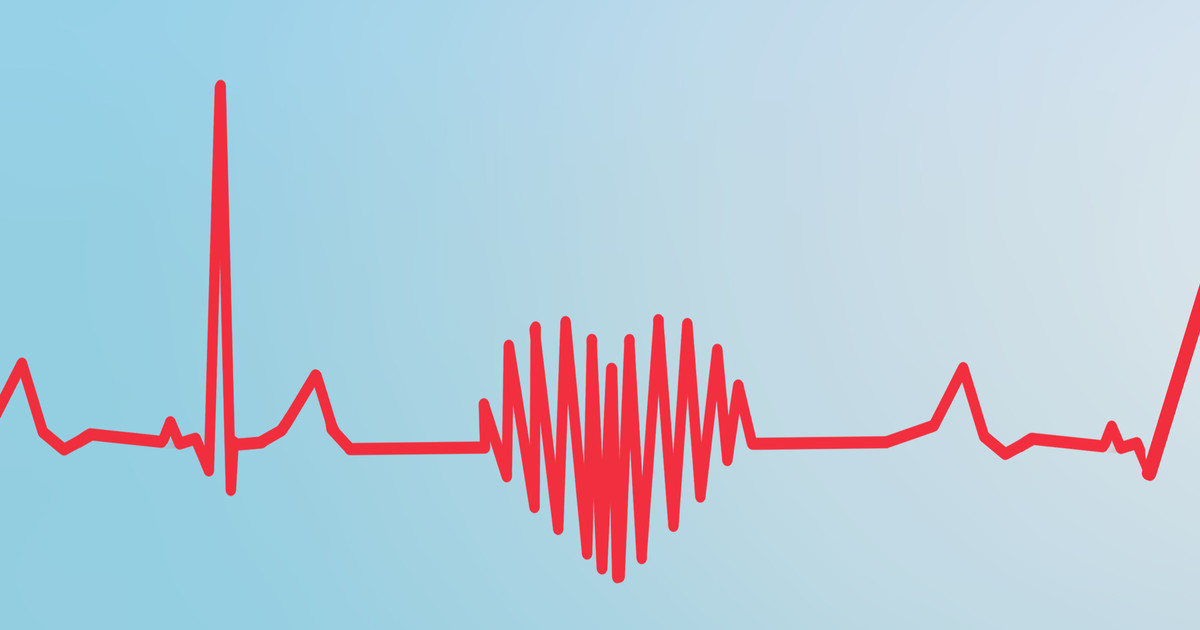Guide To The Major Types Of Tachycardia
Atrial Fibrillation

Atrial fibrillation is another condition that occurs in the two upper chambers of the heart. It has a lot in common with atrial flutter. However, the heart rhythm in atrial fibrillation tends to be more unpredictable and unsteady. Like other forms of tachycardia, this heart issue can increase an individual's risk of heart failure or stroke due to poor circulation. When this condition occurs, the atria beat in irregular and chaotic patterns that do not sync with the ventricles.
Some patients experience mild symptoms such as shortness of breath, heart palpitations, and body or muscle weakness. The episodes might be unpredictable and go away at random, or they may be constant enough to require medical treatment. This condition by itself does not tend to be life-threatening, though it can sometimes lead to emergencies. One of the biggest issues is that patients have a higher chance of developing blood clots in their atria. Depending on where the clot circulates, this can lead to a blood flow blockage that causes a stroke or heart attack.
Discover additional types of tachycardia now.
Supraventricular Tachycardia

Supraventricular tachycardia is a heartbeat that is abnormally fast. This broad medical term can encompass a wide range of different medical issues, mainly heart rhythm problems. Some arrhythmias that fall under this category include ones that originate in the atria, ventricles, and ones that do not seem to have a place of origin. Normally, an individual's resting heart rate will be anywhere from sixty to one hundred beats in a minute. Like the other types, supraventricular tachycardia occurs when an individual's heart rate is faster than one hundred beats per minute.
This form of tachycardia involves a resting heart rate, rather than a heart rate elevated by exercise. Additionally, it might not have symptoms, and when it does, they tend to be mild. It is most common for patients to feel like they have a racing heart or a fluttering heartbeat. When the condition occurs rarely, most patients do not require treatment. However, frequent episodes need medical intervention.
Uncover more information on the various types of tachycardia now.
